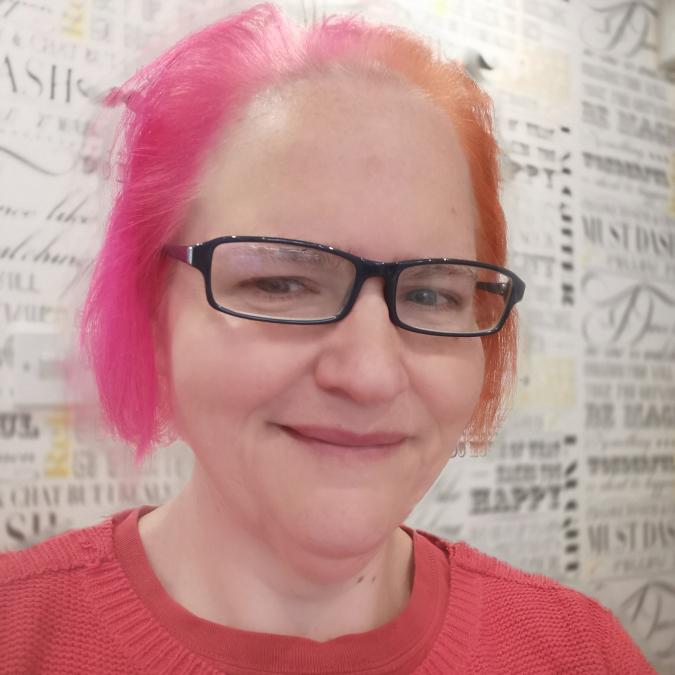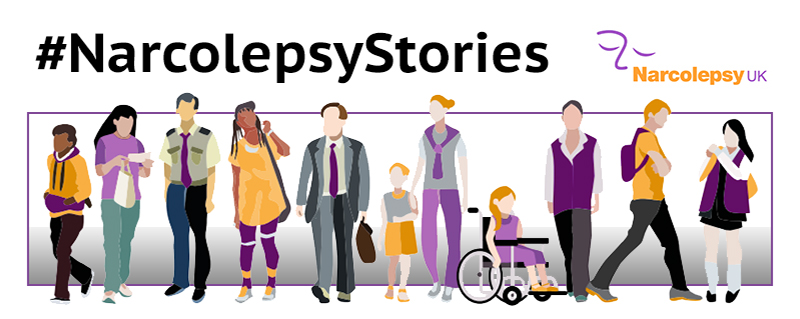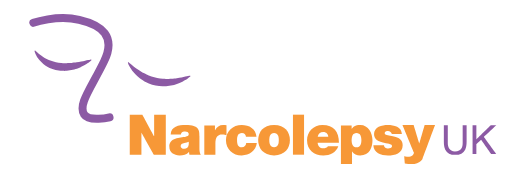25th September 2020
I was eight years’ old when I got chickenpox. Like any child with a common virus, I went back to school after two weeks but I began to fall asleep a lot in class and it soon became clear to my teachers and parents that something was wrong.
My GP referred me to Southampton General Hospital in the same month, where I spent two weeks under observation. I slept almost continuously while the doctors ran tests but they could find nothing wrong with me except the need to sleep, so I was moved up to see a consultant.
In the years that followed, I saw several different consultants, each with their own idea of what might be wrong. I received blood tests for anemia & light tests for epilepsy, medication for thyroid problems (though presumably the thyroxine levels were normal), even attempts at brain scans, but keeping a sleepy 9-year-old awake is impossible. At one point, still long before the internet, my father even came across narcolepsy in a veterinary dictionary and reasoned that if this condition – “a sudden collapse into deep sleep” – could affect dogs then maybe it might affect humans too. The doctors dismissed the suggestion. By the time I was 14, I wanted out. I was a free-thinking teenager and my parents were happy to let me end hospital appointments.
Even though narcolepsy is a registered disability, it is still necessary to fight for benefits
My parents brought me up believing I could do anything if I put my mind to it and I did my best to lead as normal a life as possible. I was happy to believe that I had narcolepsy, even if it remained undiagnosed. I sat GCSEs and A-Levels but left school with few qualifications on account of the excessive daytime sleepiness. I went to agricultural college, but the large machinery and unusual hours tested me and my tutors and this came to an end after one year as it was deemed too dangerous. I have had a selection of jobs in retail and as a nanny. Different employers have reacted very differently to my sleepiness over the years, with some being flexible to allow me to work when I’m most alert and others, in the absence of a formal diagnosis, making no adjustments at all.
In my late teens and early 20s, I went travelling, to Canada, around America, Europe and even New Zealand. I had some scary moments, like waking on a bus in the darkness and not knowing if I’d missed my stop, or being woken on a bench in Los Angeles by police. But I would usually find somewhere safe to nap in the afternoon.
At 33 I moved area, so found a new GP practice. On the forms, I read down a long list of well-known medical conditions and at the bottom I put a tick against the box marked “other”, adding narcolepsy for good measure. My new GP queried this. “If you do not have a diagnosis you do not have narcolepsy,” she said, but she was genuinely interested and referred me to a sleep specialist. This is how, 25 years after first showing signs of narcolepsy, I got on a train to London to keep an appointment with a doctor I was sure could help. My cousin came with me for support and helped me to describe the excessive sleepiness, the hallucinations and the insomnia.
It was 23 December when I returned for a sleep test. There were just four patients on the ward that night, each of us in our own room wired up to an electroencephalogram to look for signs of one sleep disorder or another. In the morning, I ate breakfast and then had a multiple sleep latency test to measure the time it took – when well-rested – for me to fall asleep. After three of these scheduled naps, each two hours apart, it was clear that I was asleep and dreaming in under three minutes. That afternoon I stepped out of the hospital into a bustling Christmas Eve in London, feeling slightly overwhelmed, with a diagnosis of narcolepsy with cataplexy and a paper bag from the pharmacy filled with medication. I was so happy I walked back to the main station along the Thames seeing all the sights. On Christmas Day after a full Christmas dinner, I sat quietly – awake – while the rest of my family slept.
In the last 12 years, a lot has happened. Narcolepsy UK helped with the transition from the disability living allowance (DLA) to the personal independence payment (PIP). Even though narcolepsy is a registered disability with so many demonstrably disabling symptoms, it is still necessary to fight for these benefits and it was so helpful to have the charity behind my application. I have tried different medications over the years in every combination and dose imaginable. I have settled on a regime that works well for me. This latest one has changed everything, giving me the clarity to do things that others do naturally. I met and married my husband, I moved house and I set up my own business, a coffee shop that is part of our community.
At my first Narcolepsy UK conference, it gave me such strength to be surrounded by people like me. I set up the Narcolepsy Entrepreneurs Group on Facebook and we meet at the conference each year. I am more confident about talking openly about narcolepsy. Improving the awareness of it amongst the general public is so important and it’s now part of my everyday life. I have been interviewed on local radio, talked to authors and DJs, written articles for newspapers and magazines and, a personal achievement, I was invited to speak at the Royal Society of Medicine. I wear the t-shirts, I have the badges and the keyring and if anyone wants to know more about this invisible disability, I am always ready to give answers.


This post is part of Narcolepsy UK’s #NarcolepsyStories project, where people with narcolepsy write frankly about what it’s like to live with this debilitating disability.
Narcolepsy is a spectrum disorder that affects everyone differently. However, people with narcolepsy will always find they have a lot in common, sharing their experience of the difficulty in securing a diagnosis, the years it takes to find a suite of medications that helps combat symptoms, the effect that extreme sleepiness can have on education, work and relationships and impact that cataplexy can have on confidence.
It is our hope at Narcolepsy UK that the #NarcolepsyStories project will contribute to our vision as set out in the #NarcolepsyUKCharter to provide the respect, care and support that people living with narcolepsy and their carers deserve.
How can you help?
- Spread the word by sharing these stories on your social media channels, using the hashtag #NarcolepsyStories.
- Put your signature to the #NarcolepsyUKCharter.
- Make a donation to Narcolepsy UK.
- Contribute your own story to the project by sending an email to stories@narcolepsy.org.uk.
